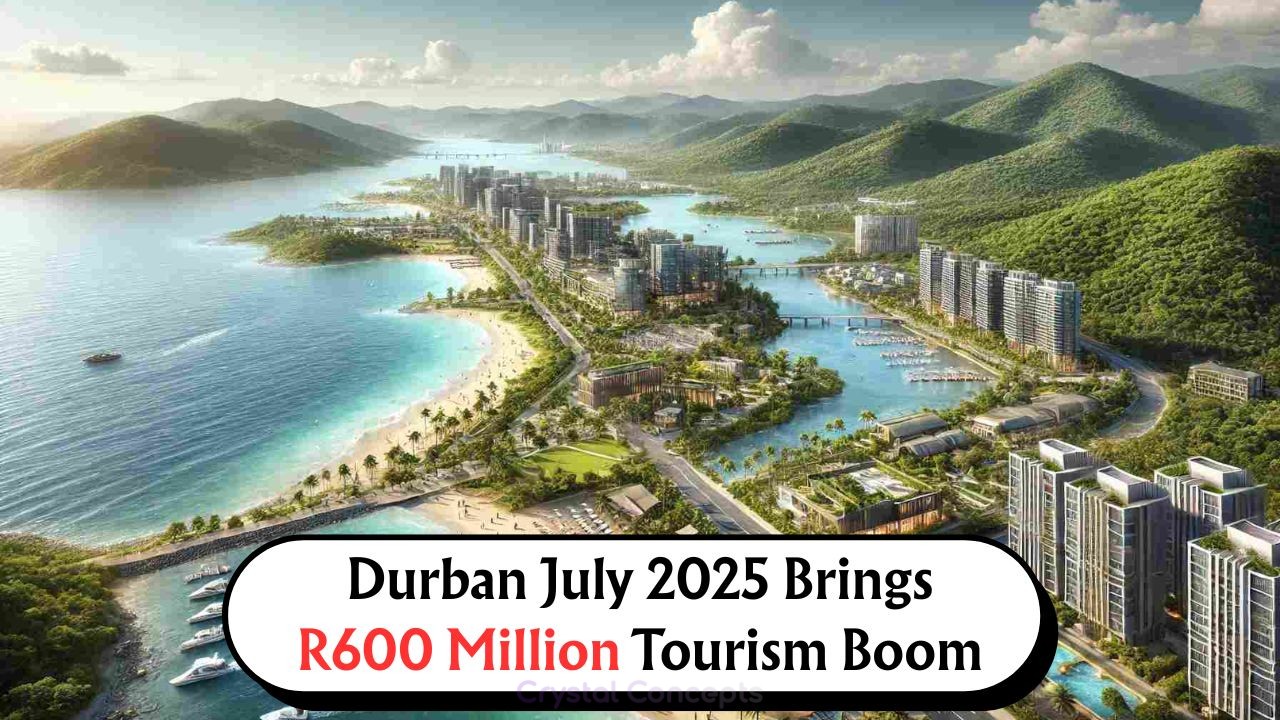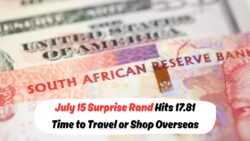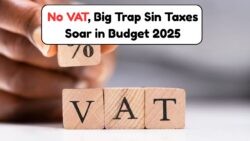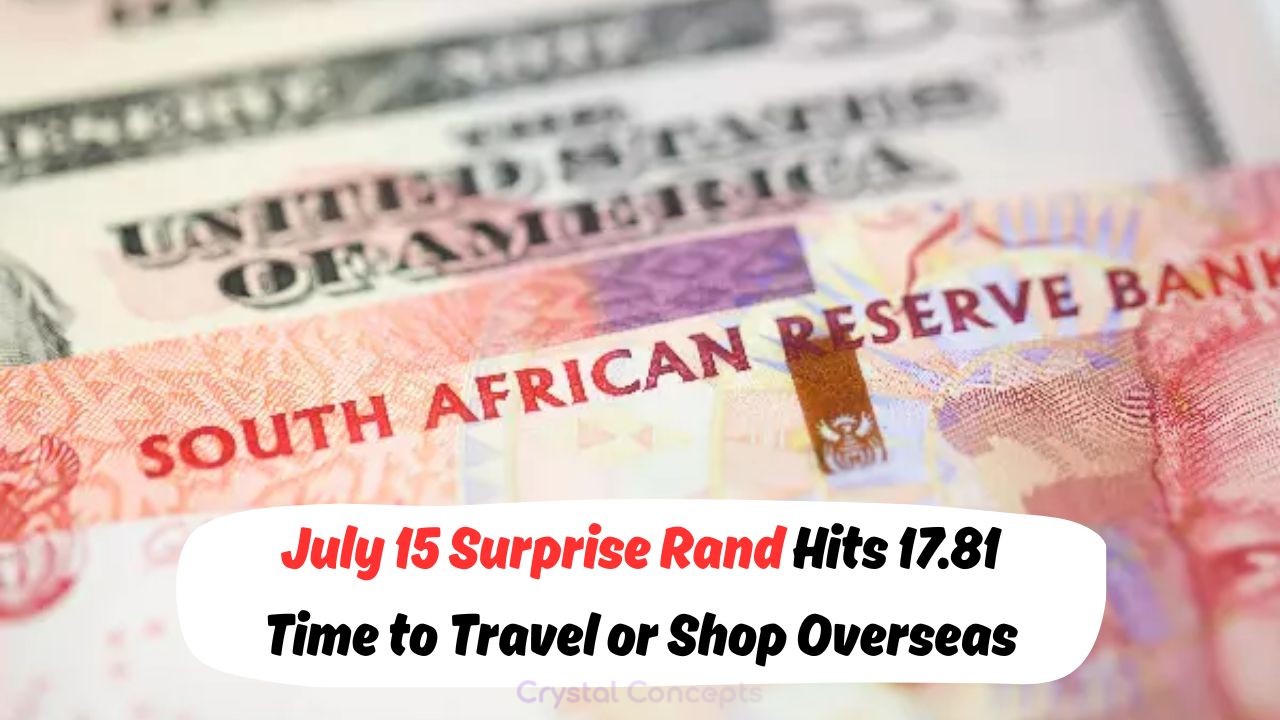R600 Million Tourism Boom: The annual Durban July, a prestigious horse racing event held in KwaZulu-Natal, has sparked a significant economic resurgence in the region, injecting a remarkable R600 million into the local economy. The event, renowned for its blend of sport, fashion, and entertainment, has played a pivotal role in revitalizing tourism and business activities after several challenging years. This financial boost is a testament to the event’s capacity to attract both domestic and international visitors, thereby supporting local businesses and creating numerous employment opportunities.
Durban July: Catalyst for Economic Growth in KZN
The Durban July is more than just a horse racing event; it is a cultural phenomenon that has a profound impact on the economy of KwaZulu-Natal. As one of the most anticipated events on the South African social calendar, it draws thousands of visitors who contribute significantly to the local economy. Hotels report full bookings, restaurants experience increased patronage, and local vendors see a surge in demand for their goods and services. This influx of visitors translates to a substantial economic injection, with the R600 million boost highlighting the event’s importance as a catalyst for economic growth in the region.
Economic Impact Highlights:
- Job Creation: The event facilitates the creation of temporary and permanent jobs, benefiting the local workforce.
- Increased Tourism: Visitors from across the globe flock to Durban, boosting tourism figures significantly.
- Business Opportunities: Local businesses gain exposure and opportunities to expand their customer base.
- Media Coverage: Extensive media coverage amplifies the region’s visibility and attractiveness.
- Long-term Benefits: The event strengthens KZN’s reputation as a prime tourist destination.
- Event Preparation: Infrastructure and logistical improvements are made in anticipation of the event.
- Cultural Exchange: The event serves as a platform for cultural exchange and networking.
- Local Investment: The financial boost encourages further investment in the region.
Financial Breakdown of the Durban July
| Sector | Revenue Generated | Impact | Remarks |
|---|---|---|---|
| Hospitality | R200 Million | High | Full bookings across hotels |
| Food & Beverage | R150 Million | Moderate | Increased patronage |
| Retail | R100 Million | Moderate | Boost in sales |
| Transport | R50 Million | High | High demand for services |
| Entertainment | R50 Million | Moderate | Increased performances |
| Media | R25 Million | High | Extensive coverage |
| Others | R25 Million | Low | Miscellaneous contributions |
Challenges and Opportunities for KZN’s Tourism
Despite the success of the Durban July, the tourism sector in KwaZulu-Natal faces several challenges. Seasonal fluctuations, infrastructure constraints, and global competition are some of the hurdles that need addressing. However, the event also presents numerous opportunities. By leveraging the attention garnered during the Durban July, local authorities and businesses can develop strategies to sustain and enhance tourism growth throughout the year. Collaborative efforts between government bodies, private enterprises, and community organizations are essential to overcoming these challenges and maximizing opportunities.
Opportunities for Growth:
- Infrastructure Development: Invest in transport and accommodation facilities.
- Diversification of Offerings: Expand tourist attractions beyond the main event.
- Year-round Marketing: Promote KZN as a year-round destination.
- Community Engagement: Foster community involvement in tourism initiatives.
- Technology Integration: Use digital platforms for marketing and bookings.
The Future of Durban July and KZN’s Economic Landscape
The future of the Durban July is promising, with potential to further transform KwaZulu-Natal’s economic landscape. As the event continues to grow in popularity, it can serve as a blueprint for other regions looking to harness the power of cultural and sporting events to drive economic development. The R600 million boost is a clear indicator of the event’s potential to stimulate local economies and improve livelihoods.
Strategic Initiatives for Future Growth:
| Initiative | Expected Outcome |
|---|---|
| Enhanced Marketing Campaigns | Increased global reach and visitor numbers |
| Infrastructure Investments | Improved facilities and visitor experience |
| Partnership Development | Collaborative opportunities and resource sharing |
| Sustainability Practices | Environmental and economic sustainability |
| Cultural Integration | Diverse cultural experiences for visitors |
| Innovation in Events | Unique and engaging visitor experiences |
| Training Programs | Skill development and employment opportunities |
FAQs About Durban July and Its Economic Impact
How does the Durban July benefit the local economy?
The event boosts local businesses, creates jobs, and attracts tourists, injecting R600 million into the economy.
What are the main challenges facing KZN’s tourism sector?
Challenges include seasonal fluctuations, infrastructure limitations, and global competition.
How can KZN sustain tourism growth beyond the Durban July?
Strategies include infrastructure development, diversified offerings, and year-round marketing.
What future plans exist for enhancing the Durban July’s impact?
Plans include enhanced marketing, infrastructure investments, and sustainability practices.
What role does community engagement play in the event’s success?
Engaging local communities ensures inclusive growth and shared benefits from the event.










